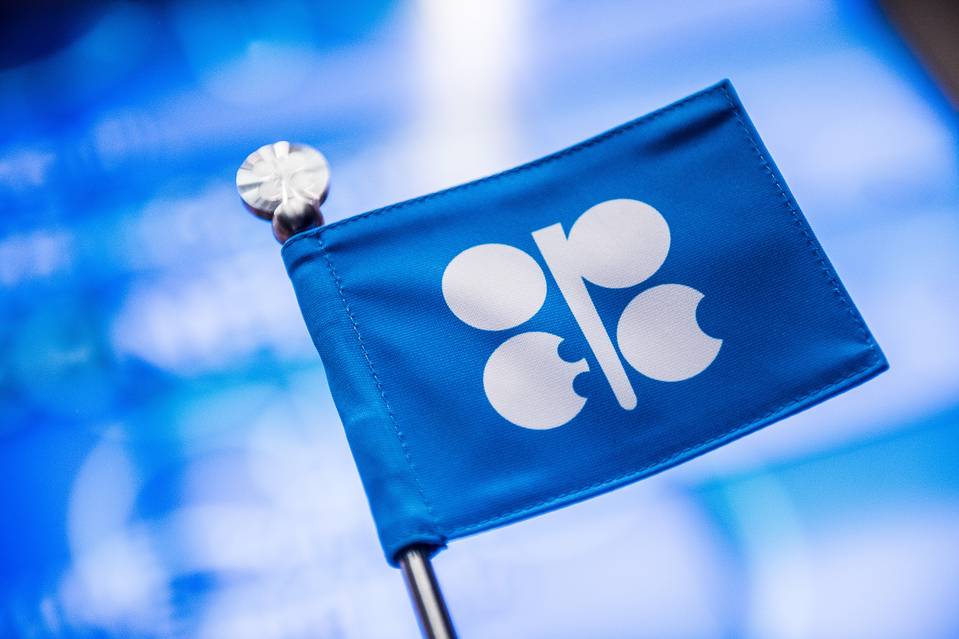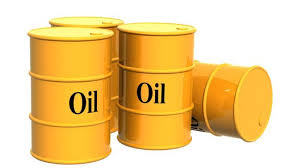
LONDON — The world’s top oil producers pulled off a historic deal to cut global crude output and put an end to a devastating price war.
After a week-long marathon of bilateral talks and four days of video conferences with government ministers from around the world — including the OPEC+ alliance and Group of 20 nations — an agreement finally emerged to tackle the impact of the global pandemic on demand.
The talks almost fell apart because of resistance from Mexico, but came back from the brink after a weekend of urgent diplomacy — as the clock ticked down to the market open.
OPEC+ will cut 9.7 million barrels a day — just below the initial proposal of 10 million. The U.S., Brazil and Canada will contribute another 3.7 million barrels as their production declines. OPEC officials were still waiting to hear more from Group of 20 members — though it’s not clear if those numbers will represent real cuts or just production idled because of market forces.
Mexico appeared to have won a diplomatic victory as it will only be required to cut 100,000 barrels — less than its pro-rated share.
Big Enough? With the virus paralyzing air and ground travel, demand for gasoline is collapsing and crude prices have plunged to 18-year lows. That threatened the future of the U.S. shale industry and the stability of oil-dependent states, while piling more challenges onto central banks fighting the fallout from the pandemic.
The question now for the oil market is whether the cuts will be enough to throw a floor under prices as demand for energy craters.
With countries around the world extending their lockdowns, the death toll mounting in New York, and unemployment exploding in America, the oil market is now far more worried about consumption than supply. OPEC itself acknowledged the challenge, with its chief warning ministers demand fundamentals were “horrifying.”
West Texas Intermediate crude plunged more than 9% on Thursday as traders anticipated the cuts wouldn’t go far enough. Oil markets were closed on Friday for Easter.
Oil has risen this month, but remains far below the levels at the start of the year
For the deal to be clinched, U.S. President Donald Trump had to intervene, after Mexican President Andres Manuel Lopez Obrador, a leftwing populist who has pledged to bolster Mexico’s oil-production prowess, balked at the terms.
Bilateral talks between Saudi Arabia and Mexico continued through the weekend and Mexico appeared to have got its way.
OPEC+ had been seeking 5 million barrels a day of output reductions from producers in the Group of 20. The group, however, didn’t mention any curbs in its communique following a meeting on Friday, only saying it would take measures to ensure stability.



